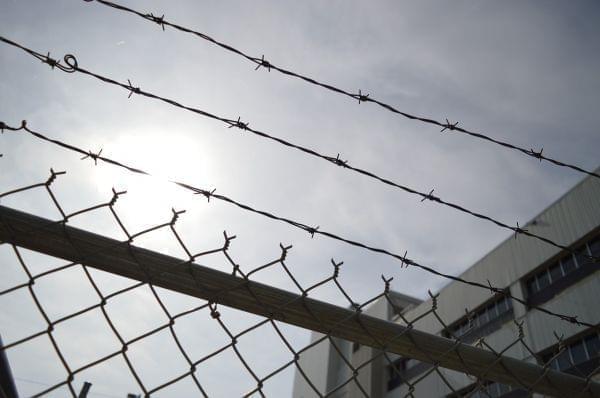Under New Illinois Law, Parents Of Justice-Involved Children Don’t Have To Trade Custody For Treatment

Pixabay/ErikaWittlieb (CC0)
A new Illinois law aims to ensure that parents of justice-involved youth who need costly mental health services don’t have to trade custody for treatment for their child.
Cook County Public Guardian Charles Golbert advocated for this change to the Mental Health and Developmental Disabilities Administrative Act.
In the past, Golbert said, if a child or teen got arrested and it was found what they really needed was mental health treatment, “the delinquency judge would have to adjudicate the child a ward of DCFS and then that could be paid for, otherwise the parents would have to pay out of pocket.”
That meant if parents couldn’t afford the roughly $100,000 a year for residential treatment, they had to choose: keep custody but forgo mental health services and risk the child entering juvenile detention, or give up custody to the Department of Children and Family Services and get them into treatment.
“It's just really unfair Sophie's choice type of thing that no family should ever be in,” Golbert said. “It's bad for the parents, the families, it's certainly bad for the child. It's bad for society because DCFS has enough to deal with (with) actual legitimate cases that need to be in their custody.”
He estimates in Cook County alone, roughly 100 children are in court-mandated DCFS custody to access mental health services at any given time; statewide, about 200 children are affected.
Families facing these circumstances in the future could be spared from having to trade custody for treatment, with one caveat: the family must have a state grant known as the “Family Support Program" to pay for the services, or have an application pending with the Department of Healthcare and Family Services.
Golbert said educating parents about the FSP program will be critical to ensuring this new law helps families stay intact while getting children the help they need.
The measure also increases the age through which a foster children remain under DCFS care to 21, up from 19.
That means youth in foster care will have more time to land on their feet as they transition to adulthood, Golbert said.
“This is really, really important because not very many 19-year-olds are in a position to care for themselves completely independent of parents, and DCFS is the parent for these children,” Golbert said.
Through DCFS, they can receive assistance with finding a job, going to college and accessing necessary health services.
“These are children who were taken away from their parents due to abuse, neglect, abandonment, being born drug exposed, etc., so continued access to services can be critical,” Golbert said.
Those services can include counseling, substance abuse treatment, counseling about finances and budgeting, and other skills for independence in addition to access to a case manager and a medical card for insurance.
“You can’t throw children out in the cold on their 19th birthday, and that’s especially true for youth with particular vulnerabilities and special needs.”
Follow Christine on Twitter: @CTHerman
Links
- Measure Aims To Help Justice-Involved Children Access Mental Health Services
- Out Of Options, Parents Of Children With Mental Illness Trade Custody For Treatment
- When Insurers Deny Mental Health Coverage, Families In Crisis Struggle Even More
- Testing for Krabbe Disease; The Juvenile Justice System; Rockford Brothers’ ‘Letters from War’
- Ill. Juvenile Justice Commission: Youth Prisons Need Independent Ombudsman
